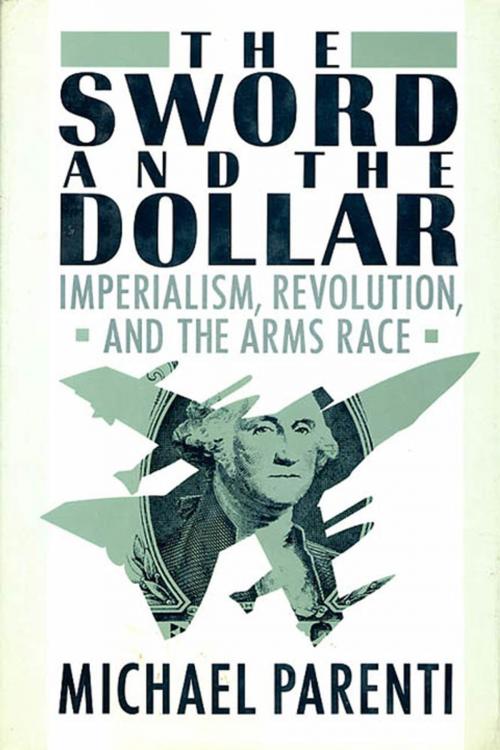The Sword & The Dollar
Imperialism, Revolution & the Arms Race
Nonfiction, Social & Cultural Studies, Political Science, International, International Relations| Author: | Michael J. Parenti | ISBN: | 9781429940559 |
| Publisher: | St. Martin's Press | Publication: | April 1, 2011 |
| Imprint: | St. Martin's Press | Language: | English |
| Author: | Michael J. Parenti |
| ISBN: | 9781429940559 |
| Publisher: | St. Martin's Press |
| Publication: | April 1, 2011 |
| Imprint: | St. Martin's Press |
| Language: | English |
To many, the foreign policy directives of the United States seem bewildering and sometimes inharmonious with its domestic political values. Why does the U.S. seem to support foreign dictators? Why has it invested so many of its resources in stockpiling nuclear arms? Why doesn't the U.S. act as a force for peace throughout the world? In this probing, provocative analysis, Michael Parenti reveals the hidden agenda of American foreign policy decsisions. No matter which party is in power, the U.S. acts to protect the interests of large American-based corporations, in order to maintain valuable overseas markets and cheap foreign labor.
In lucid detail, Michael Parenti examines just how these very private interests determine America's public policy goals, from the impoverishment of developing nations to the building of an intimidating nuclear arsenal. What he discovers will surely be controversial and suggests that the greatest threats to democracy—both here and abroad—may emanate from within the United States itself.
To many, the foreign policy directives of the United States seem bewildering and sometimes inharmonious with its domestic political values. Why does the U.S. seem to support foreign dictators? Why has it invested so many of its resources in stockpiling nuclear arms? Why doesn't the U.S. act as a force for peace throughout the world? In this probing, provocative analysis, Michael Parenti reveals the hidden agenda of American foreign policy decsisions. No matter which party is in power, the U.S. acts to protect the interests of large American-based corporations, in order to maintain valuable overseas markets and cheap foreign labor.
In lucid detail, Michael Parenti examines just how these very private interests determine America's public policy goals, from the impoverishment of developing nations to the building of an intimidating nuclear arsenal. What he discovers will surely be controversial and suggests that the greatest threats to democracy—both here and abroad—may emanate from within the United States itself.















